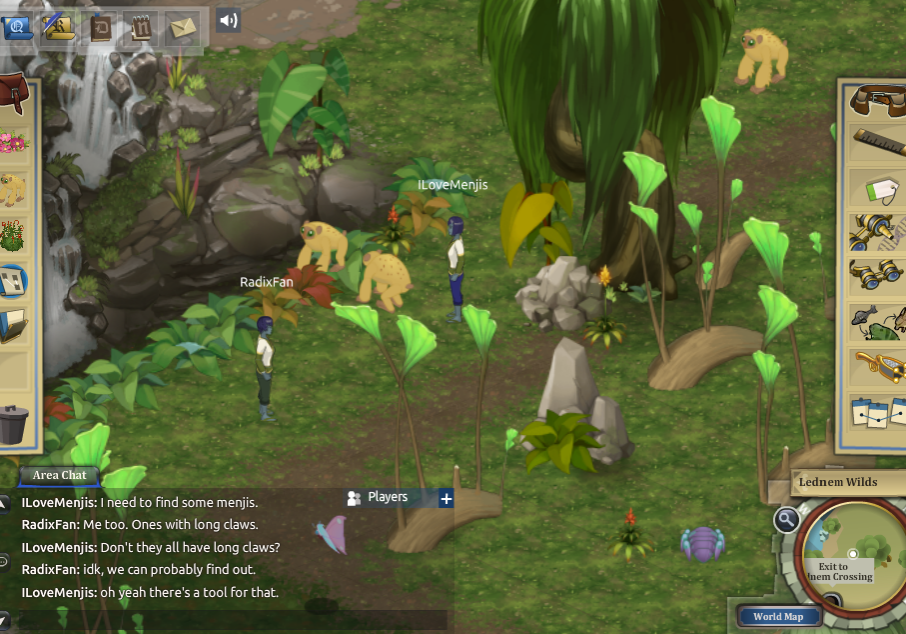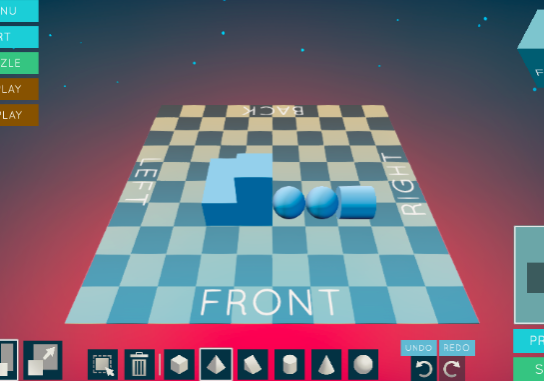Tragedy of the Commons (ToC) is a Psim game about economics and population biology.
Games
Games play an important role in the learning process: they provide a safe, creative environment in which student learn to experiment, collaborate, and problem-solve. We work with educators to make sure our games tie into their math and science curricula. The games we develop can be played on computers or mobile devices and are used both inside and outside the classroom.

Virus Game (PSim)
Players draw on each other’s observations to develop a hypothesis and agree on an experiment to conduct.

pSims (Participatory Simulations)
The MIT STEP Lab has developed a suite of mobile-device enabled activities called pSims, short for participatory simulations. These pSims leverage mobile devices (e.g., smartphones) to enable participants to engage in active, inquiry-based learning through their interactions with the simulation, and coordination and discussion with one another.

CLEVR: Collaborative Learning Environments in Virtual Reality
The Collaborative Learning Environments in Virtual Reality (CLEVR) project is to create immersive virtual reality learning experiences that can be used in today’s classrooms. CLEVR is a partnership between the Education Arcade and the MIT Game Lab, and is supported by Oculus. We are developing a collaborative educational game using immersive 3DVR to help teams of 9th grade students learn cell biology and the central dogma.

The Radix Endeavor
The Radix Endeavor is an online multiplayer game designed to augment math and biology instruction. Students use their knowledge of math and science to solve quests in a virtual Earth-like world.

Lure of the Labyrinth
Lure of the Labyrinth is in online game that uses a a compelling graphic novel storyline to engage middle grades students in mathematical thinking and problem-solving.

UbiqBio (Ubiquitous Biology Games)
Ubiquitous Bio (or UbiqBio) is a series of casual mobile games designed to promote deep learning and strong engagement for high school biology students in the areas of genetics, protein synthesis, evolution, and food webs.



